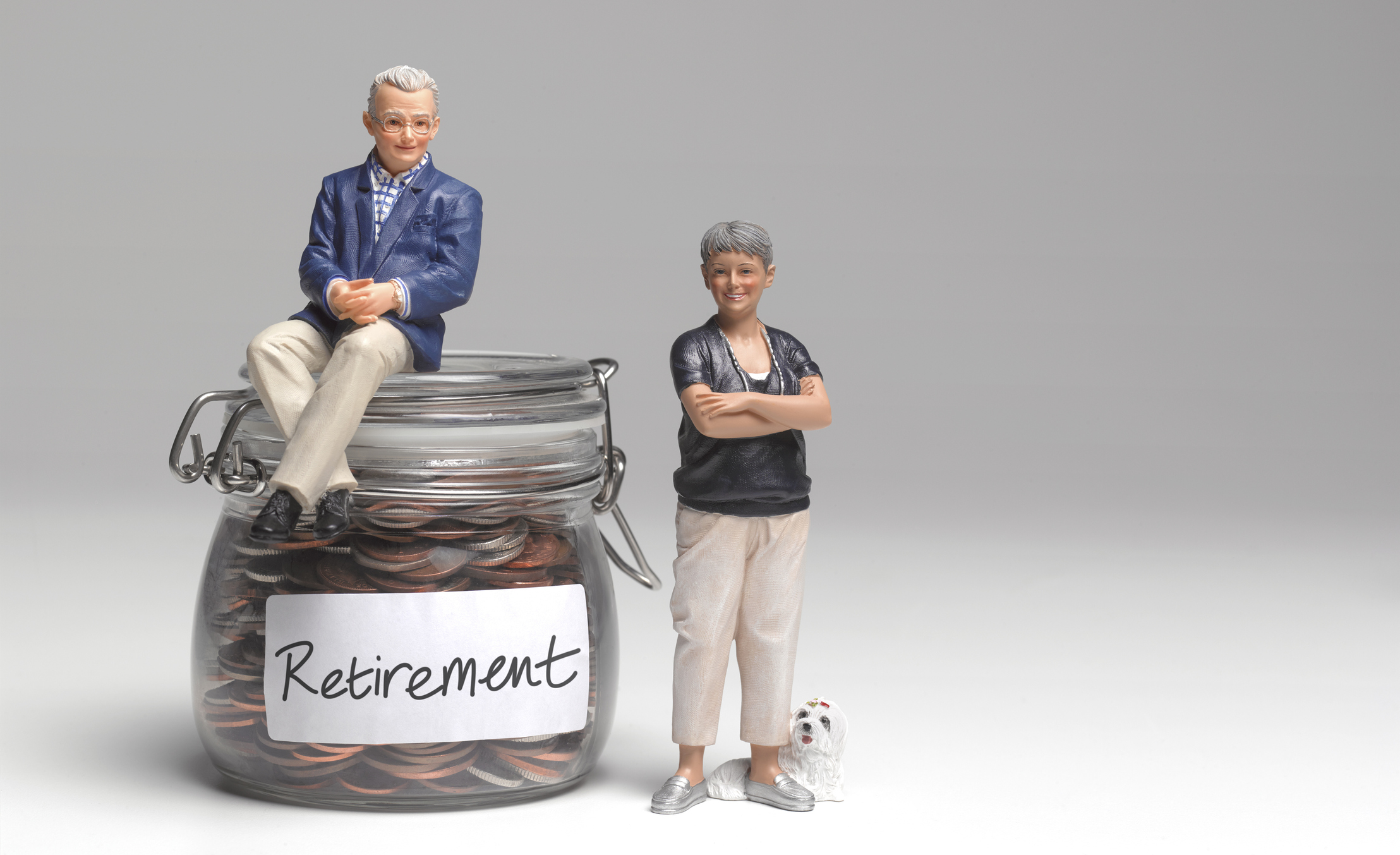
Chancellor Jeremy Hunt in his Spring Budget has axed an unpopular pensions rule that restricts how you can save into your retirement pot in the hope it will encourage the over-50s back to work.
The lifetime allowance (LTA) had come to be seen as a disincentive to pension saving and in recent years a cause of people taking early retirement.
Previously set at £1.07m, the LTA has been scrapped altogether.
It means higher-earners like doctors will now be able to save tens of thousands more into their retirement pot tax-free. The government hopes it will encourage them not to quit work early.
The annual allowance, which covers how much can be saved into a pension in a single tax year, is rising from £40,000 to £60,000.
Meanwhile, the adjusted income threshold for the ‘tapered annual allowance’, which affects higher earners, will increase from £240,000 to £260,000, which will enable those with the highest earnings save slightly more into their pension.
These changes will all come into force on 6 April this year.
Why so many changes to pension allowances?
It’s a big turnaround for the government which has gradually reduced both the lifetime and annual allowances in recent years, resulting in more people being caught by this tax rule that was originally designed to impact a minority.
It has impacted many NHS workers who have been forced to reduce their hours or retire early, but it has also had an impact on employees in other sectors.
The chancellor said in his Budget speech that reforming the pensions tax rules will stop over 80% of NHS workers from receiving a tax charge and will also help remove barriers for over 50s staying in the workplace.
Higher and additional rate taxpayers will be able to put more money into their pensions and receive marginal tax relief, but it is not only the very wealthy who will benefit from the changes.
The extra annual allowance will help older people who need to save significantly extra to bolster their pension pot ahead of retirement.
Without having a tax-driven ceiling, people can save as much as they can to support their old age as comfortably as they can, said Matthew Arends, head of UK retirement policy at pensions consultancy Aon.
“This is especially good news for the next generation of private sector pension savers – Generation X – the majority of whom have had limited access to final salary pensions and who are now within 10-15 years of their potential retirement date,” he said.
The rule that limits the axing of the LTA
However, there is a rule in place that would dampen the effect of abolishing the lifetime allowance.
The maximum tax-free cash which an individual without any protection can have will be frozen at its current level of £268,275 (which is 25% of the current lifetime allowance of £1,073,100).
Chris Noon, partner at pensions consultancy Hymans Robertson, said the government is giving you more opportunity to save, but also giving you more opportunity to pay higher levels of tax: “The government has still essentially capped the amount of tax-free cash that you can take, which is 25% of the current lifetime allowance. In all likelihood, when you take your pension, if you are lucky enough to have a very large pot, then you can take £268,275 as tax-free cash, but if you want to take the rest out as cash, you will be taxed on it.”
For older people in their 50s, it is probably a good thing as they might want to work a bit longer because they can save a bit more, Noon added.
“But my expectation is that the £268,275 tax-free cash limit will come under more and more pressure over time. If you’re in your 30s thinking that’s great because I'm going to get a nice big tax-free lump sum when I retire, I wouldn't be holding my breath that that £268,275 will stay at that level for a long time.”
Increase to Money Purchase Annual Allowance
The chancellor also announced that the Money Purchase Annual Allowance (MPAA) will rise from £4,000 to £10,000. This limits what you can put into your pension once you start to take an income from it.
Increasing the allowance will help if you needed to dip into your pension before retiring and still need to build up your pension before you fully give up work.
Former pensions minister Steve Webb who is partner at LCP said this change will mainly benefit people aged 55 plus who have tapped into a defined contribution pension but are now trying to build up their pension savings again.
“The Money Purchase Annual Allowance does have clear benefit for many in ‘Middle Britain’,” he said. “Anyone who’s taken a flexible payment from their pension, perhaps to carry them or their family through the cost-of-living crisis, now has more headroom to boost their pension savings and clears them from the tax tangle that the previous low allowance created.”
Stephen Lowe, group communications director at retirement specialist Just Group said while the abolition of the Lifetime Allowance and the additional Annual Allowance will make little difference for ‘Middle Britain’, he thinks they will benefit more from the increase in the MPAA.







